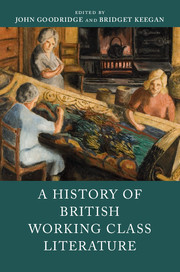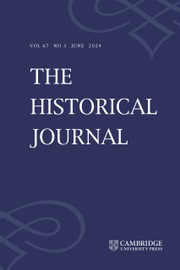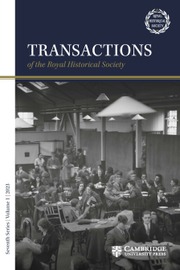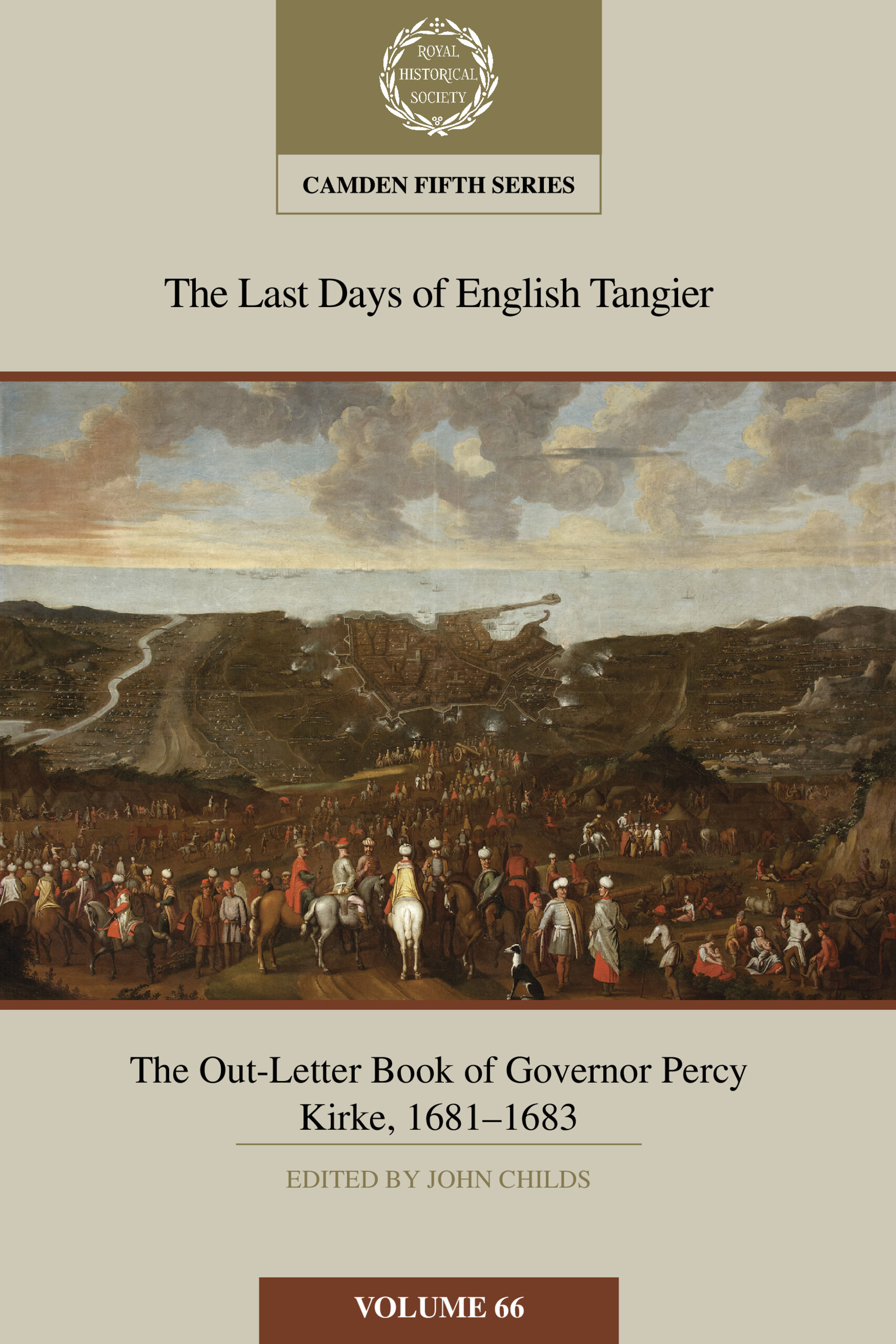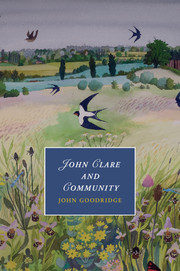A History of British Working Class Literature
A History of British Working-Class Literature examines the rich contributions of working-class writers in Great Britain from 1700 to the present. Since the early eighteenth century the phenomenon of working-class writing has been recognised, but almost invariably co-opted in some ultimately distorting manner, whether as examples of 'natural genius'; a Victorian self-improvement ethic; or as an aspect of the heroic workers of nineteenth- and twentieth-century radical culture. The present work contrastingly applies a wide variety of interpretive approaches to this literature. Essays on more familiar topics, such as the 'agrarian idyll' of John Clare, are mixed with entirely new areas in the field like working-class women's 'life-narratives'. This authoritative and comprehensive History explores a wide range of genres such as travel writing, the verse-epistle, the elegy and novels, while covering aspects of Welsh, Scottish, Ulster/Irish culture and transatlantic perspectives.
- Surveys three centuries of working-class literature, establishing it as a self-conscious tradition in British literature
- A wide range of writers are discussed, including many who have been only recently recovered, providing a good starting point for those interested in learning more about the field and will also reward those who know the field with additional insights and discoveries
- Includes contributions from well-regarded established scholars as well as new voices, demonstrating a wide variety of interpretive approaches that can be applied to working-class literature
Reviews & endorsements
'A History of British Working Class Literature consists of 25 essays by more than 30 contributors hailing from the US, the UK, and Germany. This reviewer cannot imagine a more comprehensive commentary on this much-neglected topic. … This reviewer recommends every essay in this splendid collection, because singling out some is to implicitly and unfairly devalue others. … This collection is a must read for those interested in politics and literature. … Summing Up: Essential. Upper-division undergraduates through faculty.' L. A. Brewer, Choice
‘Goodridge and Keegan’s book is a timely contribution to the literary, social, and political study of working-class writing, emphasising the continuing significance of class in British society and literature.’ Steve Padley, Key Words: A Journal of Cultural Materialism
Product details
May 2017Hardback
9781107190405
496 pages
237 × 162 × 34 mm
0.85kg
14 b/w illus. 1 table
Available
Table of Contents
- Introduction John Goodridge and Bridget Keegan
- 1. When 'Bread depends on her Character': the problem of laboring-class subjectivity in the foundling hospital archive Jennie Batchelor
- 2. 'Stirr' d up by Emulation of the famous Mr Duck': laboring-class poetry in the 1730s Jennifer Batt
- 3. The Verse Epistle and laboring-class literary sociability from Duck to Burns William J. Christmas
- 4. 'But Genius is the special Gift of God!': the reclamation of 'Natural Genius' in the late eighteenth-century verses of Ann Yearsley and James Woodhouse Steve Van-Hagen
- 5. Alexander Wilson: the rise and fall and rise of a laboring-class writer Gerard Carruthers
- 6. Neither mute nor inglorious: Ann Yearsley and Elegy Kerri Andrews
- 7. 'British Bards': the concept of laboring-class poetry in eighteenth-century Wales Mary-Ann Constantine
- 8. 'Behold in these Coromantees/the fate of an agonized world': Edward Rushton's transnational radicalism Franca Dellarosa
- 9. Transnational Ulster and laboring-class self-fashioning Jennifer Orr
- 10. Working-class poetry and the Royal Literary Fund: two case studies in patronage Scott McEathron
- 11. The life of William Cobbett: caricature, hauntology and the impossibility of radical life writing in the romantic period Ian Haywood
- 12. John Clare's Agrarian Idyll: a confluence of pastoral and Georgic Gary Harrison
- 13. 'And aft thy dear Doric aside I hae flung, to busk oot my sang wi' the prood Southron tongue': the Antiphonal Muse in Janet Hamilton's poetics Kaye Kossick
- 14. 'The guilty game of human subjugation': religion as ideology in Thomas Cooper's The Purgatory of Suicides Mike Sanders
- 15. At the margins of print: life-narratives of Victorian working-class women Florence S. Boos
- 16. The newspaper press and the Victorian working-class poet Kirstie Blair
- 17. Tensions, transformations and local identity: the evolving meanings of nineteenth-century Tyneside dialect songs Rod Hermeston
- 18. On the road: all manner of tramps in English and Scottish writing from the 1880s to the 1920s H. Gustav Klaus
- 19. Ethel Carnie Holdsworth: genre, serial fiction and popular reading patterns Nicola Wilson
- 20. 'The young men of the nation': Alexander Baron and urban working-class masculinity Anthony Cartwright
- 21. Kathleen Dayus: the girl from Hockley Sharon Ouditt
- 22. 'It have a kind of communal feeling with the Working Class and the spades': Sam Selvon, Tony Harrison and 'Colonization in Reverse' Jack Windle
- 23. Clannish confines: the folk, the proletariat and the people in modern Scottish literature Corey Gibson
- 24. A critical minefield: the haunting of the Welsh working-class novel Lisa Sheppard and Aidan Byrne
- 25. Transforming working-class writers and writing: digital editions, projects and analyses Cole Crawford
- Afterword Brian Maidment.

